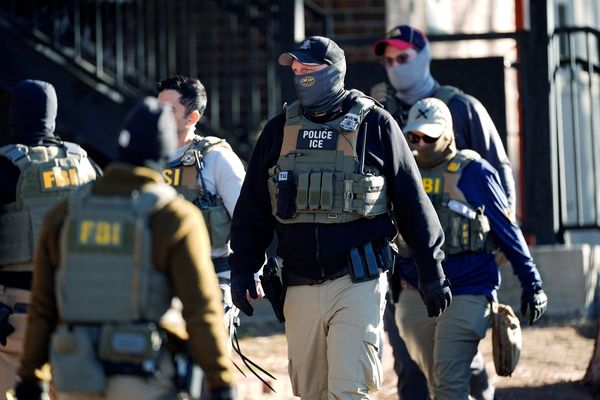
You might love punching targets with your favorite gun calibers, but not all range rounds make sense for self-defense. In fact, some popular target calibers are downright poor choices when your safety’s on the line. This article calls out five widely loved calibers that shine on the range but perform poorly when lives are at stake. By learning their limits, you’ll avoid relying on ineffective rounds in critical moments. Let’s dive into the surprising truth behind these five calibers.
1. .22 Long Rifle (.22-LR)
The .22-LR is affordable, low-recoil, and ideal for hours of plinking or training sessions. However, its light bullets often lack reliable stopping power, especially in high-stress defense situations. It tends to penetrate shallowly and doesn’t always incapacitate effectively unless placement is perfect. Even worse, it can ricochet easily in indoor or populated settings. While excellent for learning marksmanship, it’s a poor choice when you need immediate threat resolution.
2. 6.5mm Creedmoor
Designed for precision and long-distance shooting, the 6.5 Creedmoor is a range hero for competition and target shooters. Its high ballistic coefficient and low wind drift make it accurate, but its long-range characteristics aren’t needed in a home-defense scenario. The caliber also over-penetrates indoor barriers like walls or doors, raising danger to bystanders. Plus, rifles chambered in it are often too large or slow to maneuver in tight quarters. In self-defense, speed and safety beat long-range performance every time.
3. .30-30 Winchester
The classic .30-30 is beloved by hunters and lever-action enthusiasts for its moderate recoil and medium-range effectiveness. Yet that same recoil and bullet weight make it unwieldy for fast, controlled shooting in emergencies. Its trajectory drops sharply past 100 yards, making it difficult to aim quickly at close-range threats. It also typically employs lever-action rifles with slower reloads. That’s great for deer season, not so much for a quick-response defense situation.
4. 7mm-08 Remington
The 7mm-08 Remington offers flat shooting and mild recoil—perfect for hunting and range practice. But like the Creedmoor, it’s overkill for self-defense, delivering unnecessary barrel length and power. Over-penetration becomes a serious danger, with bullets potentially exiting walls with lethal force. Handling a scoped bolt-action or larger rifle in a home crisis isn’t ideal for most people. Unless you live in wide-open wilderness, this caliber’s self-defense utility is limited.
5. .22 Magnum (.22 WMR)
The .22 Magnum improves on .22LR with higher velocity and energy, making it a step up for small-game hunting. But it still lacks reliable terminal performance in defensive scenarios and is prone to the same issues—shallow penetration, over-penetration unpredictability, and ricochets. Its lightweight bullet often won’t stop a determined attacker, and split-second accuracy is harder with its snappier recoil. Also, the ammo is pricier than .22LR, making it an impractical choice for regular practice or serious firearm preparedness.
Master the Difference, Master Your Safety
In the world of calibers, the ones that shine at the range aren’t always right for your defense. The five discussed—.22-LR, 6.5 Creedmoor, .30-30, 7mm-08, and .22 Magnum—have their places, but that place isn’t in your holster or bedside table. When it comes to personal protection, prioritize proven defensive calibers and ammo designed to stop threats effectively. Knowledge and preparation are your strongest rounds—choose wisely and stay safe.
What’s your go-to defensive caliber, or have you ever switched from a range favorite? Share your thoughts—and range vs. defense stories—in the comments below!
Read More
The 5 Calibers That Fall Apart After 100 Yards
7 Pistols Known for Outlasting Every Other Handgun
The post These 5 Gun Calibers Are Great at the Range—But Terrible for Self-Defense appeared first on Clever Dude Personal Finance & Money.







